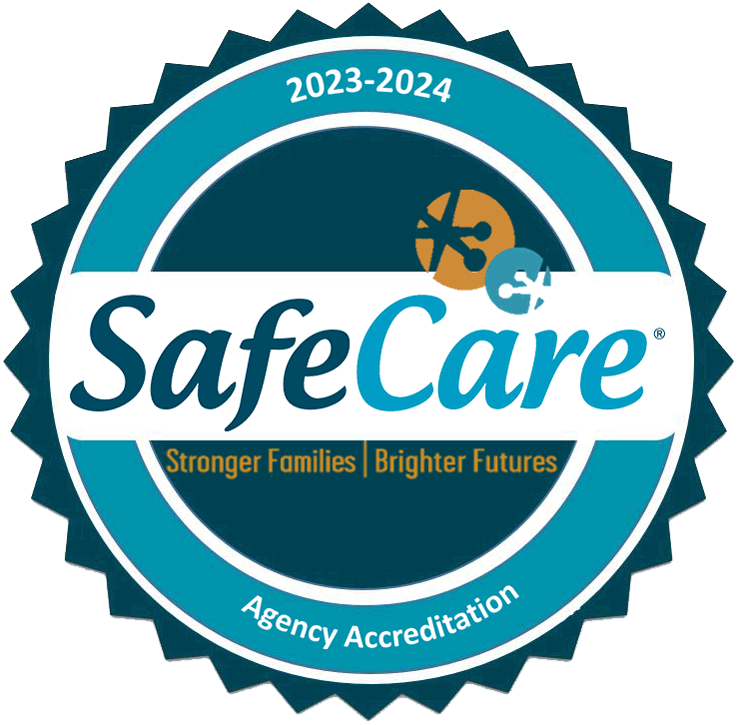 SafeCare is an evidence-based, parent-training program for parents of children ages 0–5 who are at risk for, or have been reported for, child neglect or physical abuse. SafeCare providers work with families in their homes to improve parents' skills in three areas: parent-child interaction, child health and home safety. The program is conducted in weekly home visits for about 18 weeks.
SafeCare is an evidence-based, parent-training program for parents of children ages 0–5 who are at risk for, or have been reported for, child neglect or physical abuse. SafeCare providers work with families in their homes to improve parents' skills in three areas: parent-child interaction, child health and home safety. The program is conducted in weekly home visits for about 18 weeks.
In Tompkins County, SafeCare is currently only available to families involved with Family Treatment Court. SafeCare providers have completed training and certification in the program and are nurses in the Community Health Services department at TCHD. SafeCare in Tompkins County has recently expanded to include a local certified SafeCare coach who meets with providers regularly for quality control/improvement.
SafeCare was implemented in Tompkins County starting in 2015 by Family Treatment Court with grant money from the Prevention and Family Recovery Project. Additional funding came in 2017 with a grant from the Substance Abuse and Mental Health Services Administration (SAMHSA).
The SafeCare program was developed at the Georgia State University School of Public Health. It has expanded worldwide. For more information you can check out the SafeCare website.